
The Tsonga
South African Culture
The Tsonga are not a homogeneous ethnic group. Their forefathers came from present-day Mozambique to settle in South Africa in the 19th century, generally in small groups without chiefs.
Today the Tsonga is centred mainly in the Lowveld between the escarpment and the western borders of the Kruger National Park.
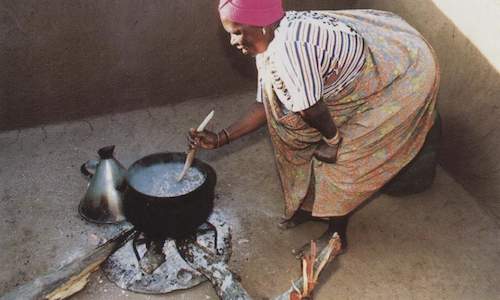
In traditional Tsonga society, choosing a partner was not straightforward, as the process followed a set of rules....
more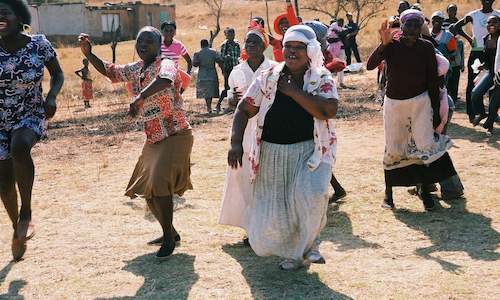
Today over half the Tsonga belong to Christian churches, particularly the Independent Churches or the Evangelical Presbyterian Church (forme...
more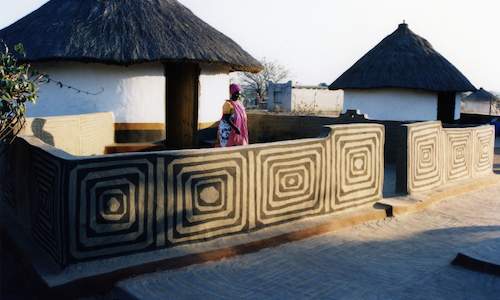
In the 1890s Lowveld farms were suitable for little more than hunting and subsistence agriculture, and the owners soon sold them to speculat...
more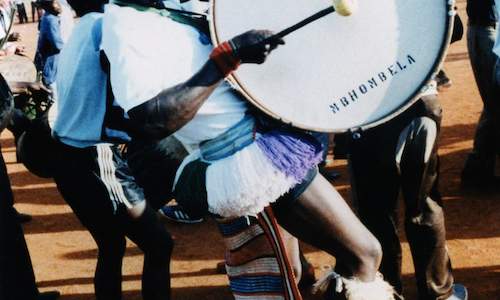
The Tsonga are well known for their rich musical heritage which is based on the playing of a wide variety of musical instruments. These can ...
more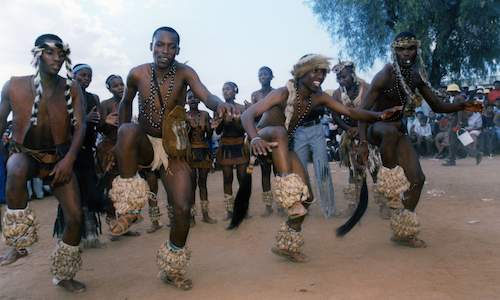
The Tsonga who left the coast in the 19th century brought new sources of food into the Transvaal, including cassava (manioc), certain kinds ...
more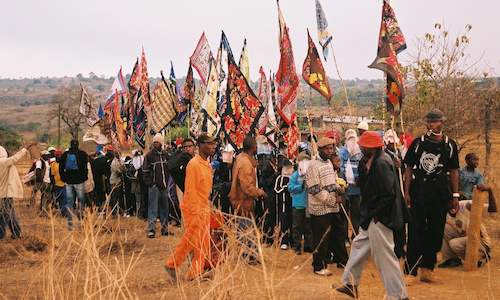
As white colonists imposed their rule on Tsonga villages, the powers of chiefs declined....
more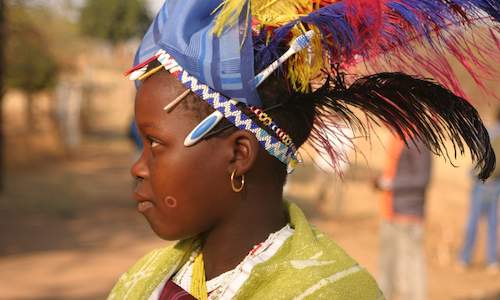
The birth of a baby is a moment of great joy in Tsonga society. Usually older female relatives, or other wives, help pregnant mothers throug...
more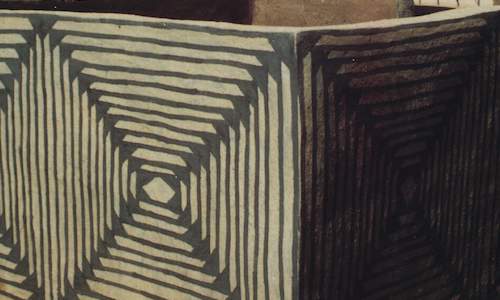
The first Tsonga-speakers to enter the former Transvaal probably did so during the 18th century. They were essentially traders who followed ...
more
 In traditional Tsonga society, choosing a partner was not straightforward, as the process followed a set of rules....
In traditional Tsonga society, choosing a partner was not straightforward, as the process followed a set of rules.... Today over half the Tsonga belong to Christian churches, particularly the Independent Churches or the Evangelical Presbyterian Church (forme...
Today over half the Tsonga belong to Christian churches, particularly the Independent Churches or the Evangelical Presbyterian Church (forme... In the 1890s Lowveld farms were suitable for little more than hunting and subsistence agriculture, and the owners soon sold them to speculat...
In the 1890s Lowveld farms were suitable for little more than hunting and subsistence agriculture, and the owners soon sold them to speculat... The Tsonga are well known for their rich musical heritage which is based on the playing of a wide variety of musical instruments. These can ...
The Tsonga are well known for their rich musical heritage which is based on the playing of a wide variety of musical instruments. These can ... The Tsonga who left the coast in the 19th century brought new sources of food into the Transvaal, including cassava (manioc), certain kinds ...
The Tsonga who left the coast in the 19th century brought new sources of food into the Transvaal, including cassava (manioc), certain kinds ... As white colonists imposed their rule on Tsonga villages, the powers of chiefs declined....
As white colonists imposed their rule on Tsonga villages, the powers of chiefs declined.... The birth of a baby is a moment of great joy in Tsonga society. Usually older female relatives, or other wives, help pregnant mothers throug...
The birth of a baby is a moment of great joy in Tsonga society. Usually older female relatives, or other wives, help pregnant mothers throug... The first Tsonga-speakers to enter the former Transvaal probably did so during the 18th century. They were essentially traders who followed ...
The first Tsonga-speakers to enter the former Transvaal probably did so during the 18th century. They were essentially traders who followed ...